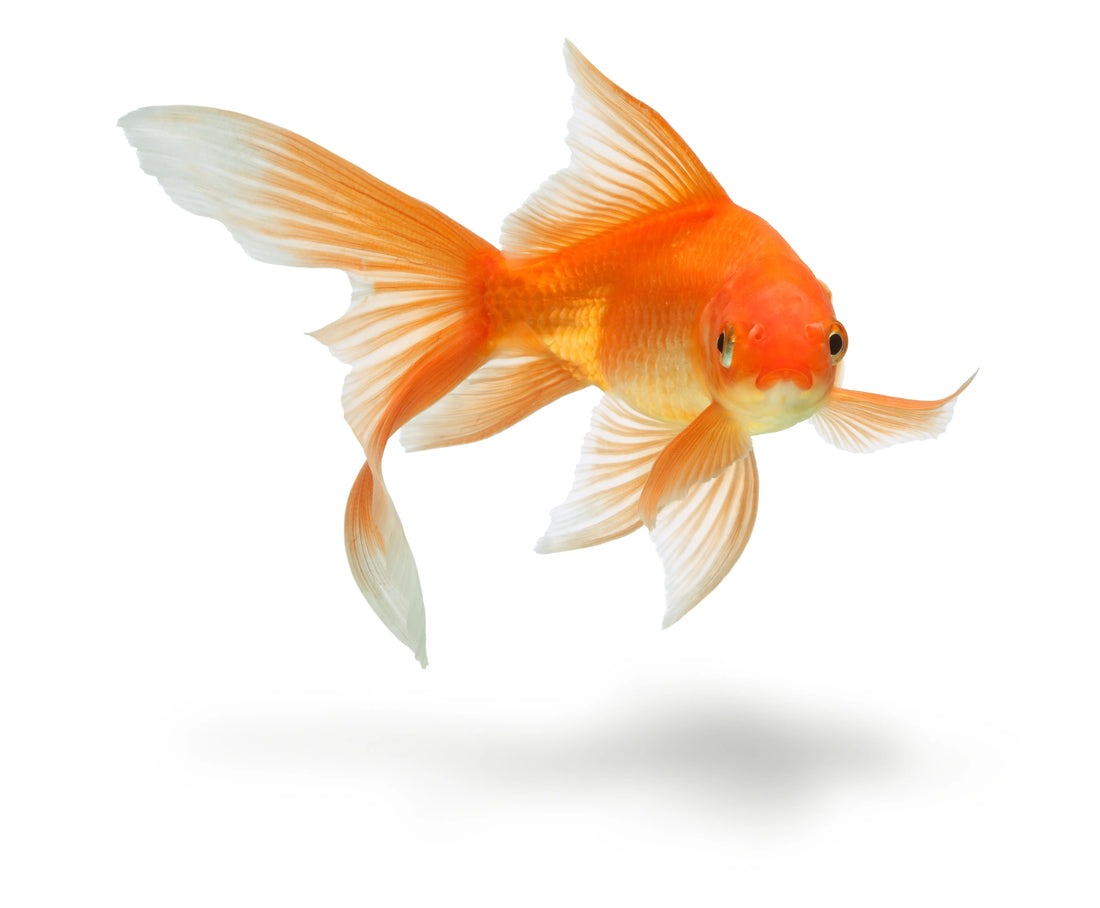
Best Feeding Schedule for Goldfish: What Every Fish Parent Should Know!
Owning a goldfish can be such a thrilling concept, but the best feeding schedule for goldfish is a necessity to ensure them a joyful life under your care. While goldfish are one of the most tranquil, hardiest fish on earth, one of the significant elements contributing to their health, size, and lifespan relates to diet and feeding activities. This is a good guide on the way to establish the best feeding schedule for goldfish for parents of the finned kind to make the right choice keeping their finned friends happy and healthy.
- Feeding Time is Crucial for Goldfish:
Goldfish do not have stomachs like human beings; what their food goes to is their intestines. This means that in case they are overfed, water pollution and digestive problems could arise. Regular feeding of goldfish can help avoid these problems, ensuring your goldfish keep to a healthy weight, thus decreasing the risks of overfeeding-related illness. Regular feeding at almost same time is one of the best feeding schedules for goldfish which also makes the behaviour of your fish predictable, resulting in an enjoyable experience as a fish parent.
- How Many Times Should I Feed My Goldfish?
Although most fish can get accustomed to one large feeding every day, goldfish do exceptionally better when fed smaller amounts every few hours. Their extremely fast rate of digestion keeps them from being able to digest food entirely without feeding during the day. If goldfish are only fed once, they usually end up extremely hungry, becoming so desperate that they may start to nibble on aquatic plants or substrates in the aquarium. For optimal health, the best feeding schedule for goldfish is ideally feeding them small portions 2-3 times a day.
- Choosing the Appropriate Food for Your Goldfish
To balance the feeding schedule for a goldfish, in the first place, the right-quality diet needs to be chosen for such small fish as they are opportunistic omnivores and also thrive off of fish flakes or pellets or some frozen or dried items like brine shrimp, bloodworms, or peas. Each serves different nutrients for them and hence will require a diversified diet.
- Feeding Schedule for morning, afternoon, and evening!
While trying to create a feeding routine for your goldfish, you need to have that element of timing right; basically, the simple step provided will indicate how you distribute feeds through the day:
Morning: one meal that consists of less substantial amounts of good flaky food or pellets.
Afternoon: Offer another small amount or a different flavour, such as fresh veggies or a freeze-dried treat.
Evening: End the day with another light meal, especially if the morning meal and the afternoon meal have been rich in proteins.
Regular feeding hours during the day will help acclimate your goldfish to a feeding schedule and help them reduce stress.
- Avoid Overfeeding
The common mistake on the part of fish parents is overfeeding. Feed your goldfish and just observe them for a short time, that is when they cannot finish whatever is set before them within 2-3 minutes then you feed too much. Schedule is important in feeding goldfish so that no food may be left around to rot to cause poor quality of the water and the ammonia in it that harms your goldfish.
- How to Adjust Your Goldfish Feeding Schedule As Your Goldfish Grows
The requirements of goldfish vary when they grow. The younger goldfish may need more frequent feeding as they grow. Adult goldfish can be fed twice a day. You can base this judgement on their behaviour, appearance, and energy levels while determining the best feeding schedule for goldfish, based on their growth stage.
- Skipping One Meal Sometimes
It is traditional for fish enthusiasts to include a fasting day in the feeding schedule for goldfish, skipping one day of feeding each week. This pause in the feeding schedule for goldfish allows their digestive systems to rest and helps keep the aquarium water cleaner by reducing waste. In fact, this mimics how wild fish live, as they do not have a steady food supply. Adding a 'fasting day' can benefit your goldfish’s overall health.
- Healthy Habitat
A good feeding schedule for goldfish is just one end. The clean, healthy well-maintained aquarium with regular water changes, checking the quality of water is essential. Clean water will help the goldfish digest food much better while avoiding diseases that are resulting from excess waste or remaining food.
Final Thoughts
An ideal feeding schedule will be required to be created and maintained, and that modification in regard to specific behaviour may need to be made; it is very vital to the welfare of a goldfish. Keeping all this in mind, you will be able to monitor their response so that you end up with a healthy, lively goldfish. Keep feeding high on your agenda for life and see your goldfish bloom!
At Intan, we are here to provide you with premium fish feed. Our feed is tailored to meet the specific needs of each species. Every feed can spark positive change and create a future promoting quality, resilience, and well-being. We aim to serve the needs of hobbyists and breeders for the best quality of each species’ unique requirements. To know more about us, check out our Instagram page or find us at our nearest out spot.
We are not just a brand; we are stewards of the underwater world. We believe in the well-being of our friends and their mental health. Understanding and addressing the stressors that affect fish is not just a concept for us, it's a commitment. Through our dedication to research and innovative products, we aim to ensure that fish everywhere can lead happier, healthier lives.
